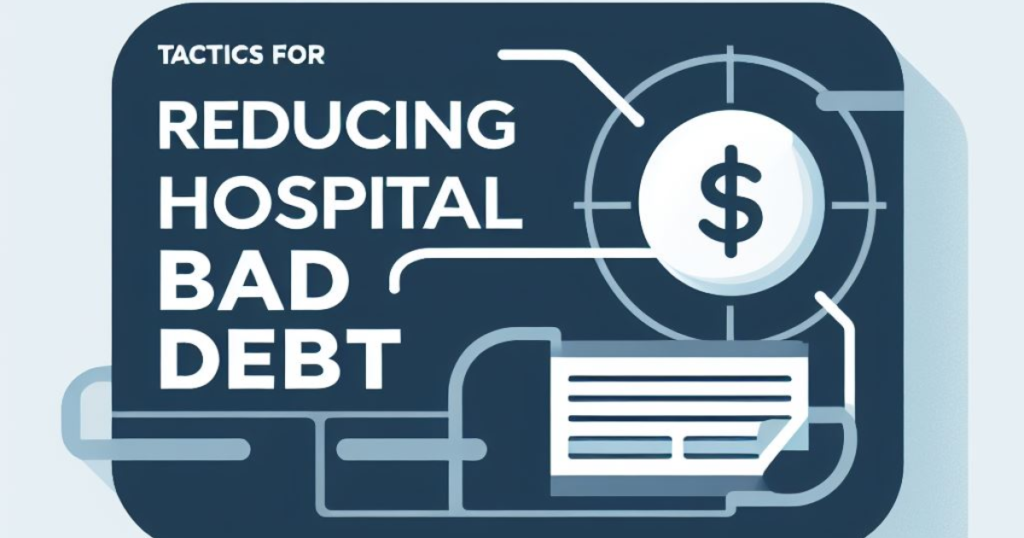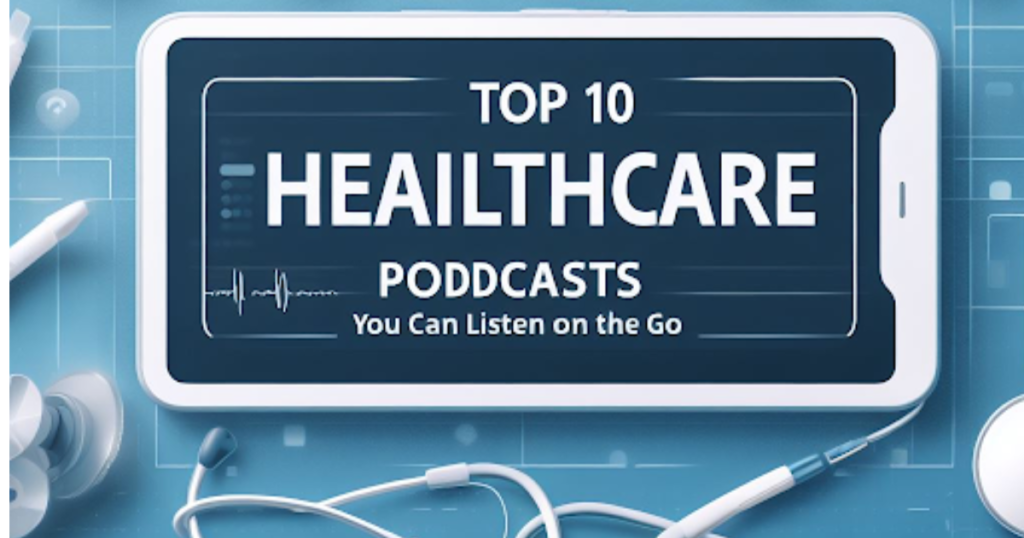
As the Healthcare Industry continues to evolve, it is important for Healthcare Providers to stay informed about emerging trends and innovations. Trends such as Telemedicine, Artificial Intelligence (AI) and Tele-ICU Outsourcing are significantly impacting how Healthcare Services are provided, managed, and even monitored.
With an understanding of what trends will shape healthcare in 2023, Healthcare Professionals can plan and innovate to adapt to changing environments. This year is set to bring about a major shift in how Healthcare Providers operate and deliver services.
This monumental change will come about because of advances in technology like artificial intelligence (AI), virtual reality, greater access to medical data, and more specialized treatments. These trends are shaping the healthcare industry of tomorrow and will be instrumental in improving patient care, reducing costs, and making Healthcare more efficient.
Trend #1: Telemedicine and Virtual Care
Telehealth has grown in popularity over the past few years and is only going to become more important as technology advances. It involves the use of telecommunication and digital information technologies to support long-distance clinical Healthcare virtually. This technology can be used for both patient-doctor consultations and remote patient monitoring.
However, telehealth does have some limitations that need to be taken into account when considering its effectiveness. For example, telehealth lacks the physical presence of a healthcare professional which can lead to misdiagnoses or inadequate treatment. Additionally, telehealth can be limited by technological constraints such as poor internet connection.
Despite certain limitations, in 2023 and beyond, telehealth usage could grow exponentially as virtual care and telemedicine technologies become increasingly accessible and user-friendly. At the same time, major changes in government policies related to telehealth could enable telemedicine to become a fully integrated element of Healthcare. As a result, Telehealth has gained importance drastically over the years as Healthcare Providers are finding telehealth increasingly necessary for many aspects of patient care delivery. For Example, remote patient monitoring, telepsychiatry services, telemedicine, tele ICU services, telerehabilitation, tele pharmacy and more are changing how providers interact with their patients 24/7 on a real-time basis.
Trend #2: Artificial Intelligence and Machine Learning
AI and ML have become increasingly important tools for helping Healthcare Organizations make data-driven decisions. Healthcare trends in 2023 are likely to involve the use of AI and ML to gather, analyze, and interpret data regarding patient care, cost optimization, and workflow management. Healthcare Providers can leverage AI and ML to identify patterns to develop personalized treatment plans based on a patient’s individual needs.
However, there are challenges associated with using AI and ML in healthcare. Healthcare Providers must ensure that algorithms used for decision-making comply with regulations such as HIPAA. There is also potential bias in the data that must be considered when developing and using AI and ML models. Healthcare Organizations also face the challenge of ensuring the privacy and security of patient data, which is critical for protecting the rights of patients.
Despite these challenges, the potential of AI and ML in Healthcare is immense. Healthcare Providers can use AI and ML to:
- Improve accuracy and efficiency in patient care
- Shorten wait times for appointments and reduce readmission rates
- Develop new treatments tailored to individual patients’ needs
- Personalize the delivery of care based on a patient’s lifestyle
- Optimize cost savings by optimal resource utilization
Trend #3: Consumer-driven Healthcare
Healthcare Providers and payers need to be proactive in engaging with consumers and getting them involved in their own care. Healthcare trends in 2023 will likely focus heavily on patient engagement and education, as well as leveraging technology to provide the best possible care for a wide variety of health conditions. Healthcare Providers and payers must ensure that their practices are in line with consumer-driven healthcare goals.
Healthcare consumer-driven healthcare goals include:
- Increased focus on financial transparency and cost control
- Improved access to data and analytics
- Providing quality care in a cost-effective manner
- Utilizing data to create personalized health plans
- Using telemedicine and other digital tools to increase access to care
Trend #4: Increased Focus on Mental Health and Social Determinants of Health
The importance of mental health as well as social determinants like lifestyle, geography, and access to care has become increasingly important in the Healthcare World. Mental health is an important factor in overall well-being and has a direct impact on Healthcare Providers and Payers. Healthcare providers must be aware of the importance of mental health, and how it affects them. Changing times continue to shape how Providers and payers are held accountable for providing high-quality, affordable care across all demographics and geographies. This impacts not only Providers and Payers but also the patient experience itself. Multiple organizations have led initiatives and programs to address the growing mental health issues amongst people from low- and middle-income communities, especially post-pandemic.
Trend #5: Greater Emphasis on Preventative Care
The Healthcare Industry is undergoing rapid transformation and Healthcare Trends in 2023 will focus heavily on preventative care. By taking preventative measures, Healthcare Providers can help reduce the need for more expensive treatments down the line and improve overall patient outcomes.
The key to achieving these goals lies in utilizing technology and data to promote preventative care. Healthcare Providers can save resources by investing in preventive measures such as health screenings and vaccinations, rather than waiting for costly treatments to be needed later down the line. Additionally, preventative care can help reduce the burden of chronic illnesses.
Healthcare Providers are also embracing new technologies such as artificial intelligence (AI), which can help them better understand how diseases progress and identify potential risks, diagnoses, and treatments.
Conclusion
2023 promises to be an exciting time for Healthcare. Apaana offers a comprehensive 360° Service Suite of Healthcare Solutions and is committed to making organizations associated with us maximize their revenues by having zero error information dissemination and representing them effectively in the payor community.
Apaana is committed to investing in Technology to stay current and grow into a market leader for its 360° Services Suite for Credentialing, Coding, and Revenue Cycle Management.
References:




